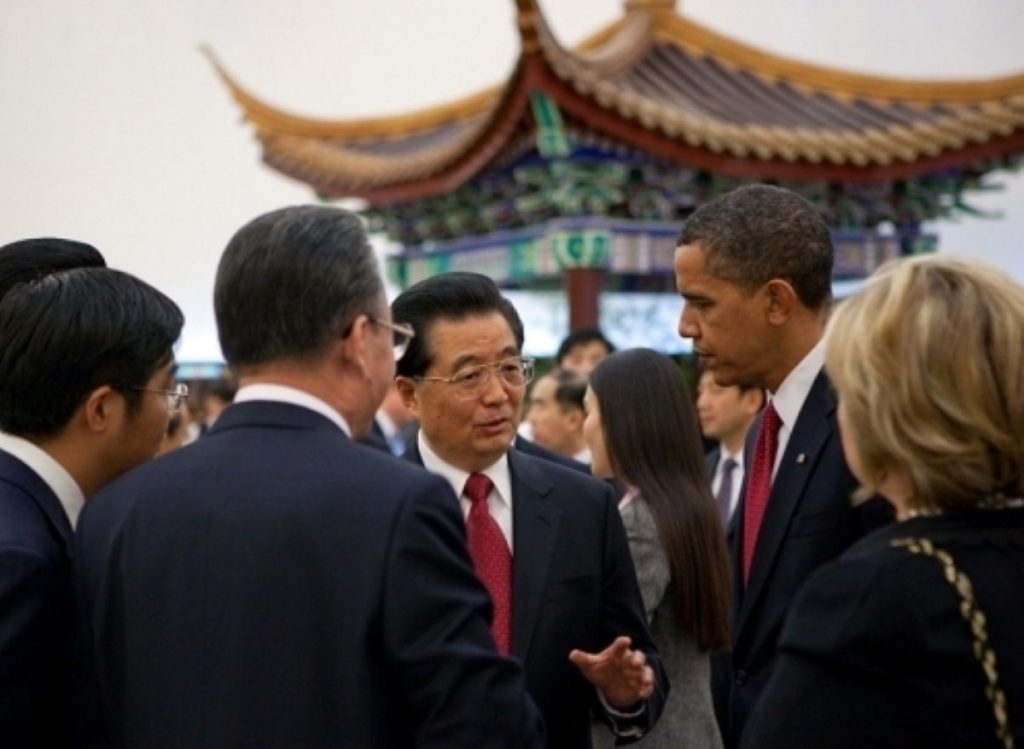G20 ends: Cameron victorious?
World leaders in Seoul have issued a statement saying they will avoid much-feared currency wars amidst troubled negotiations, echoing David Cameron’s warning to the summit.
But as the summit ends today, leaders have failed to entirely extinguish concern that the US and China will engage in “competitive devaluation” of currencies in order to boost their own exports.
Mr Cameron said earlier: “We are going to fight trade barriers, we are going to fight beggar-my-neighbour policies, we are going to fight [against] currency wars, we are going to fight competitive devaluations.”


The final statement from the G20 echoed this sentiment by promising “indicative guidelines” to be used to monitor trade imbalances and potential competition in currencies.
Countries pledged to keep exchange rates driven by the market rather than what Mr Cameron called “beggar-my-neighbour” policies aimed at created artificial advantage.
However, in a sign of the Sino-American tension which has marred the meeting in South Korea, US President Obama said: “Emerging economies need to allow for currencies that are market-driven. This is something that I raised with President Hu of China and we will closely watch the appreciation of China’s currency.”
The negotiations became bogged down between the US on one hand and major exporters – particularly China and Germany.
The final communiqué fell well short of the American proposal to impose a four per cent limit on trade deficits surpluses, specifically aimed at curbing Berlin and Beijing’s economic models.
The talks were also overshadowed by the American decision to introduce a new round of quantitative easing, which opponents argue is a deliberate ploy to boost Washington’s own export market.
The prime minister said yesterday he “vigorously opposed” any move towards protectionism, but admitted this G20 was unlikely to repeat the “heroic” unity of purpose shown in 2008 at the height of the financial crisis.
Alan Johnson, the shadow chancellor, painted a pessimistic picture of progress at the summit.
He said: “Two years ago the world’s leaders showed that they could act together in the face of an economic crisis. Those risks remain, but this week’s G20 summit has made painfully clear that the momentum behind necessary cooperation has badly stalled.
“At stake is the recovery of the world economy, and jobs back here in the UK. Leaders have failed in their core task – to show that the political will is there to make a difference.”
As the recovery begins to take shape, experts including the governor of the Bank of England and the head of the World Bank have warned countries retreating to protectionism to improve their own growth rates.
As world leaders return to their home countries, analysts have concluded the summit did little to allay these fears.












